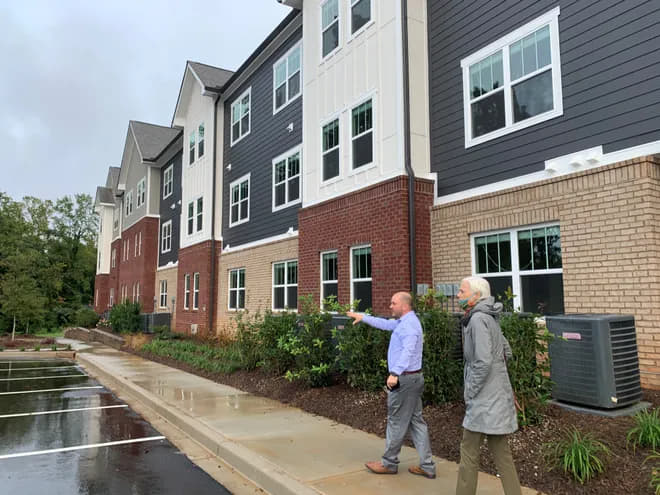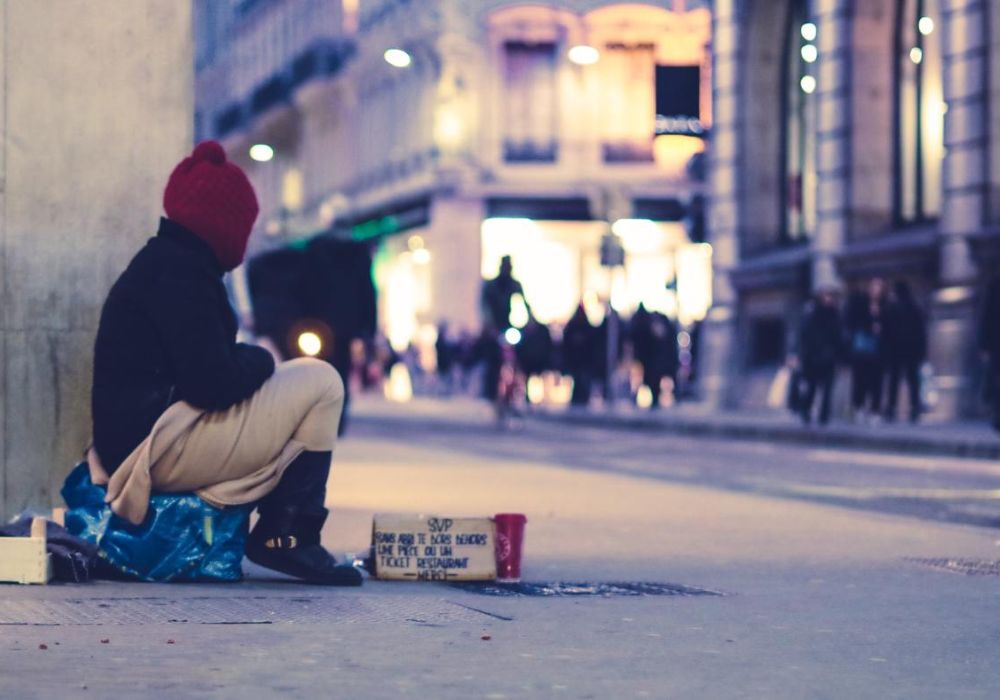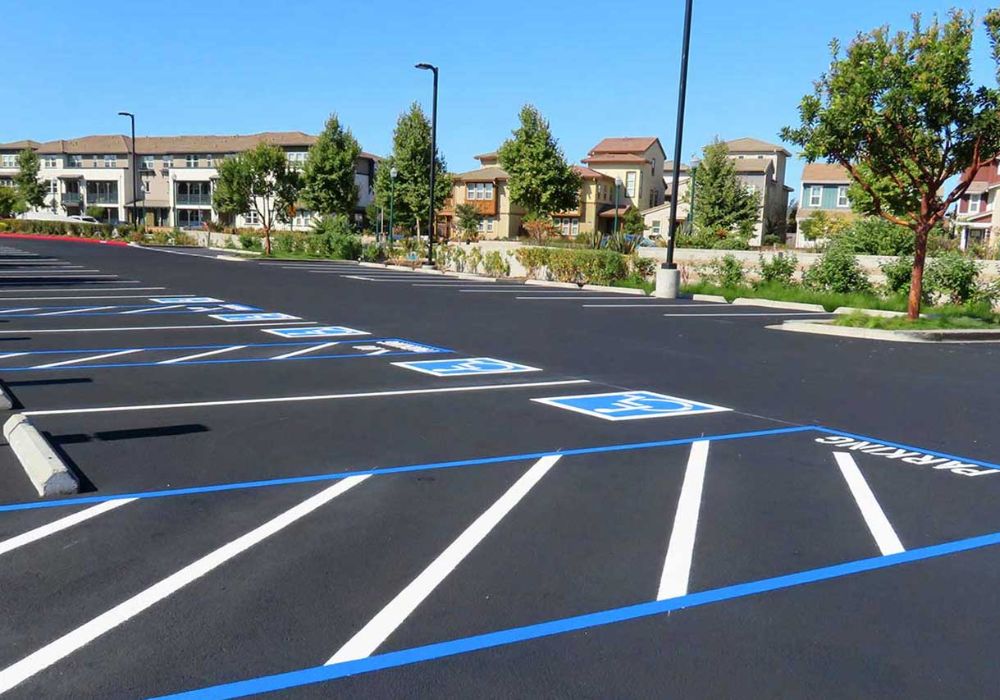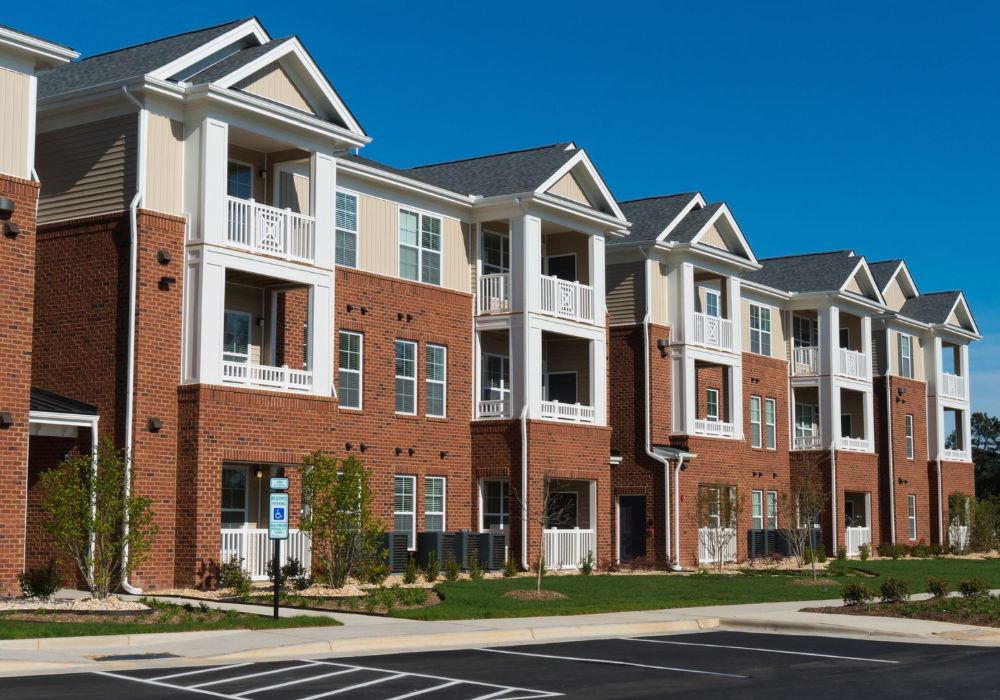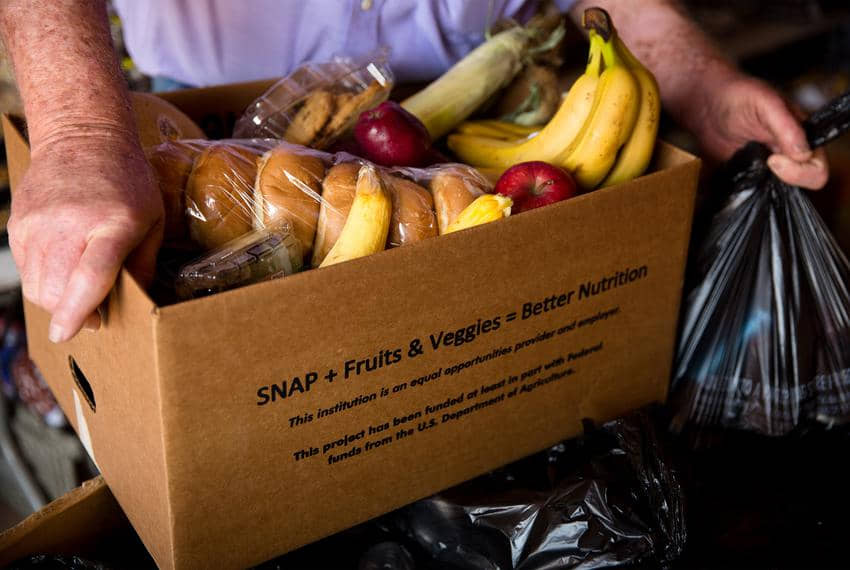The lack of affordable housing has become a crisis across the United States. Many households struggle to afford both homeownership and rental costs, with prices rising much faster than incomes. This leaves many wondering, what happens when no one can afford a house? This is an urgent issue with serious consequences if left unaddressed.
In this article, we will explore the potential outcomes of a housing market where affordable options are unavailable to large segments of the population.
What happens to individuals and families?
When housing is unaffordable, individuals and families face economic struggles that can negatively impact their well-being and financial security. Without affordable options, households may have difficulty meeting basic needs and saving for important goals like education or retirement.
This prolonged financial stress takes both a physical and mental toll over time, increasing risks of health issues like depression. Ultimately, a lack of affordable housing options eliminates opportunities for economic mobility and financial stability for many.
What happens to communities?

Unaffordability also fractures communities through displacement and loss of cultural diversity. As costs rise, some will be forced to relocate away from established neighborhoods and support systems. This breaks down important social networks that provide mutual aid. Rising prices can also accelerate gentrification, pushing out longterm residents and changing the character of areas.
Overall, a shortage of affordable housing jeopardizes community cohesion and cultural preservation.
What happens to homelessness rates?
When the private housing market fails to provide affordable options, homelessness rises significantly. Without access to stable, affordable housing, more individuals and families are left with no good options and may face precarious or temporary living situations.
This puts households at high risk of eventual homelessness as even small financial setbacks become catastrophic without a consistent home. Increased unaffordability invariably leads to more people experiencing long term homelessness.
What happens to economic segregation?
A shortage of affordable housing also enables and exacerbates economic segregation. As costs rise, those with lower incomes face greater challenges living in high-opportunity areas and neighborhoods. This concentration of poverty limits social mixing and interaction across class lines.
It also separates the poor from jobs, services and amenities concentrated in wealthier areas. Ultimately, severe unaffordability increases inequality and the social isolation of vulnerable communities.
What happens to the labor market?
From a macroeconomic perspective, lack of affordable housing creates inefficiencies and losses in the labor market. Workers are less mobile and unable to fill important jobs if they cannot afford to live near available employment.
This can cause labor shortages that damage business costs and restrict economic growth. A tight housing market also constrains local consumer spending when household savings must be diverted to rent instead of goods and services.
Overall, unaffordability undermines productivity and places downward pressure on wages.
What happens to the economy?
At the broadest level, a severe shortage of affordable housing takes an overall toll on economic performance and stability. As more household income must be directed towards rent instead of other spending, growth slows due to reduced consumption. Business costs also rise from labor market inefficiencies.
Over the long run, these issues damage productivity, investment, job creation and public finances. Ultimately, lack of affordable housing puts the wider economy at risk by threatening factors like household solvency, labor market fluidity and overall consumer spending power.
Conclusion
In summary, when affordable housing is unavailable, the consequences extend far beyond just individuals being unable to maintain a home. Entire communities become disrupted, health and homelessness issues intensify, inequalities deepen, and the overall economy suffers.
